Engrained in popular culture as a decade orbiting in a glorified haze of hedonistic whims, rising prosperity and the invention of mobile phones, the 80s promised a good time. While shoulder pads may have been high, morale in Britain was certainly low when Margaret Thatcher arrived in office in 1979. A shift in ideologies throughout the coming decade resulted in a government promoting Victorian family values, free markets, tax cuts and a small state, creating prosperity for the few as opposed to the many. In the midst of it all, with camera in hand, was Craig Easton. A documentarian by nature, as a student in 1985 he began his career face to face with reality. “It was a very polarising time,” he tells us. “I never started shooting sunsets on beaches, it was always poll tax riots and student demonstrations.”
“I’ve been socially engaged my whole career, that’s why I’m a photographer. My job is to look into dark corners and try to shine a light in there.” An ethos which has underpinned his practice from the beginning, his latest publication Thatcher’s Children is a testament to what the British photographer set out to do. The long-term project first began in 1992 in response to a speech by Peter Lilley, then Secretary of State for Social Security, announcing his determination to “close down the something-for-nothing society.” A new subsidiary was carved out for those who were trapped in a cycle of poverty, the term ‘underclass’ being thrown around by politicians and policymakers alike. “People were unable to secure employment because they didn’t have permanent accommodation, and were unable to secure permanent accommodation because they didn’t have an income,” says Craig. “He demonised these people. I had to find out who they were and hear it from their perspective.”
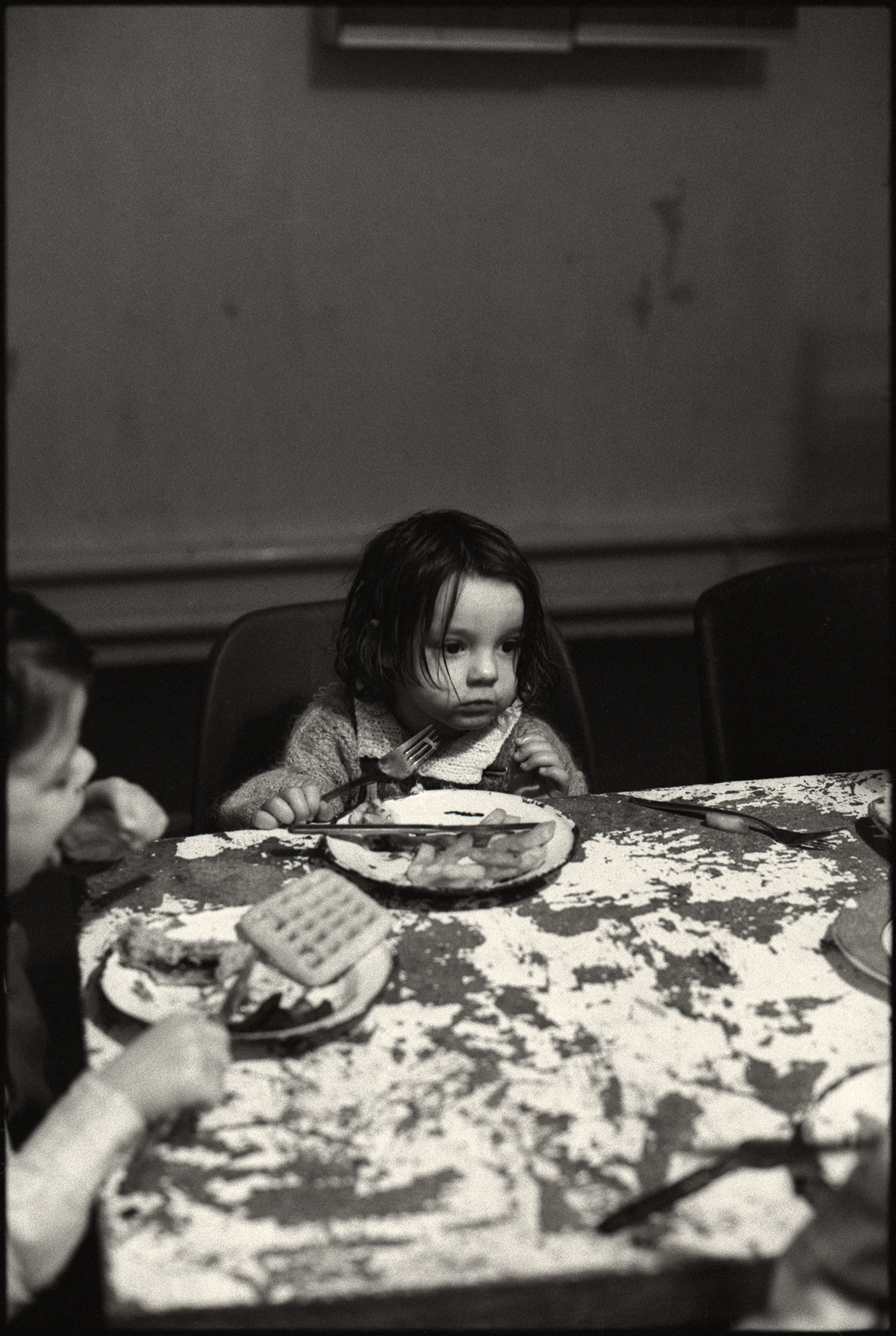
Alongside French journalist Fabrice Rousselot, the pair were put in touch with the Williams family, two parents and six children living in a hostel for homeless families in Blackpool. A series of captivating monochrome portraits were born as a result, putting human faces and intimate realities to the people politicians readily dismissed as “scroungers and spongers”. Published by The Independent soon after, Craig’s photographs have become some of the most celebrated of the decade. Why? “Because they shocked people,” he says. Although the images were taken in the North, the photographer is keen to point out this is not just about the North: “I could have made this work in Cornwall or Essex, or anywhere. Poverty was happening across the country.” Painting a microcosmic portrait of Britain at large faced with the burning afterglow of the Iron Lady’s rule, it was obvious the systemic changes her government made would ripple for decades to come.
Although photographs show the Williams family living in overcrowded bedrooms with decrepit interiors, they are met in equal parts with moments of joy as grinning children play with one another or laugh with their parents. “It was really important to try and show a rounded view of the family; just because they’re in poverty it doesn’t mean they don’t dance around the kitchen. The message is not about how sad or depressed this family is, it’s a piece about a system that allows families to get stuck in those situations.”
Fast forward to 2016 and Craig tracked the Williams family down via Facebook, at first not intending to create any new work, just fill in the gaps from years gone by. “They’d never seen photographs of themselves as children. They didn’t even recognise their own father in the pictures, it was extraordinary,” he says. It became clear their current situation echoed that of the past as both generations have been drastically impacted by housing security and dependence on a volatile welfare system, so after a long period of time spent “popping in for a cup of tea”, Craig began photographing the family once again. The trust built all those years ago still remained; now accompanying the original striking black and white images are a series of vivid, intimately shot portraits from trips to the supermarket, weddings and watching TV on the sofa.
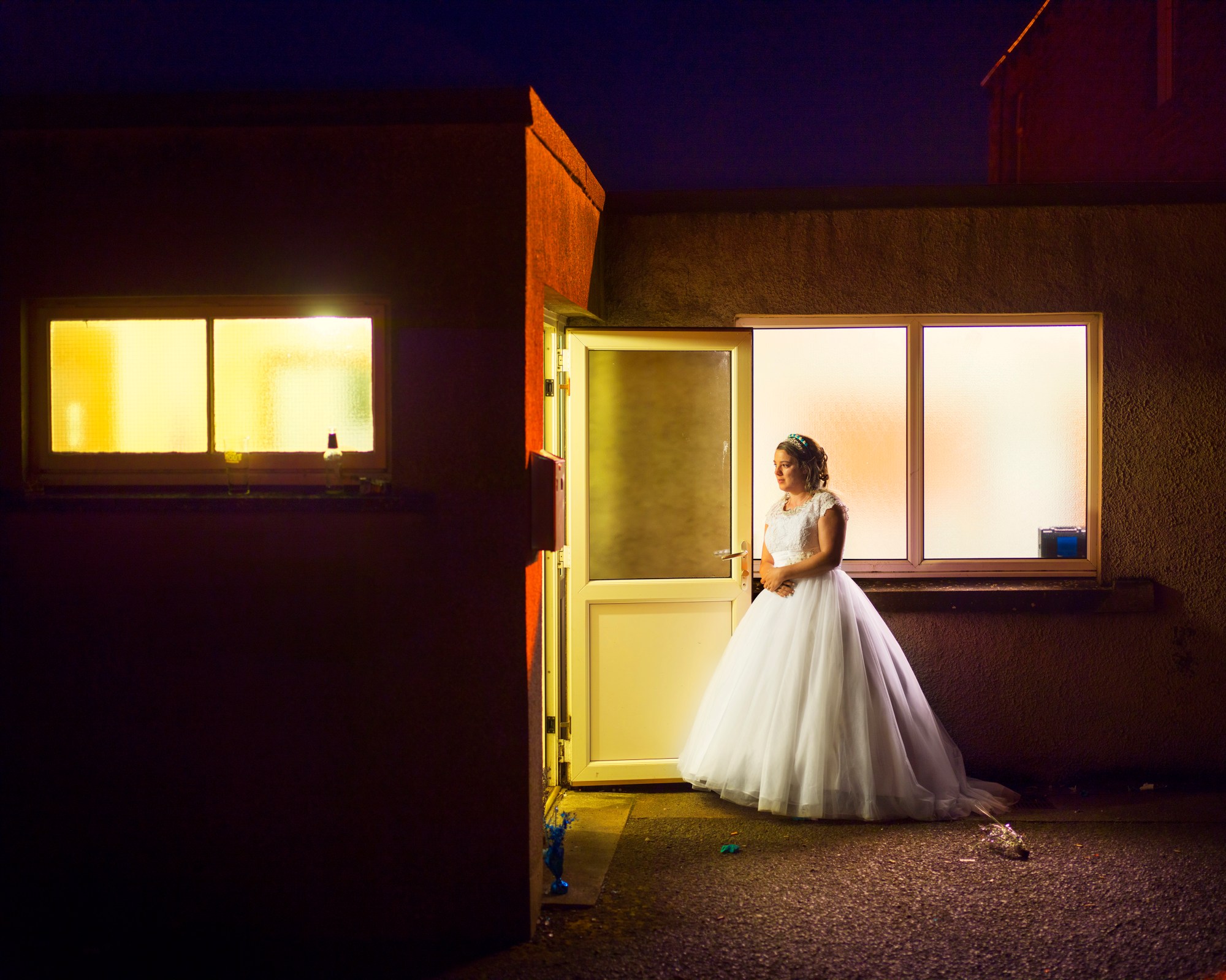
The passage of time examines the ongoing disconnect between politicians and society, revisiting the family three decades later gave Craig the opportunity to place their experience within the context of policy. “The original story was about unemployment and now it’s not; the one glaring difference is that they’re almost all working now but they’re still in poverty because it’s impossible to get out of the system.” Interspersed throughout the book are juxtaposing quotes from both politicians and members of the Williams family, explicitly portraying the disparity existing between those in power and those they are supposed to be speaking for. “I was talking to the family and they were very conscious of being talked about and rarely listened to, so it was an opportunity to ask them how they felt. They’re very politically astute, we just don’t hear their voices on the 9 o’clock news,” he says.
The title Thatcher’s Children doesn’t just refer to the family in question, it refers to a generation promised the world with empty aspirations of social mobility who were instead met with the reality of income inequality. Ultimately, while proving the political thought and policy of the 1980s still pervades and the ringing of Thatcher’s infamous slogan “There is no alternative” can still be heard in our ears, Craig has penned an achingly beautiful love letter to one family who represents millions. “There’s a very famous quote from Eleanor Roosevelt that says, ‘What people really need is a damn good listening to,’ and if I can be of any help in that, then that’s what the work is about.”
‘Thatcher’s Children’ by Craig Easton is published by GOST Books to coincide with the exhibition Is Anybody Listening? on display at Open Eye Gallery, Liverpool until 26 February 2023, before touring the UK.
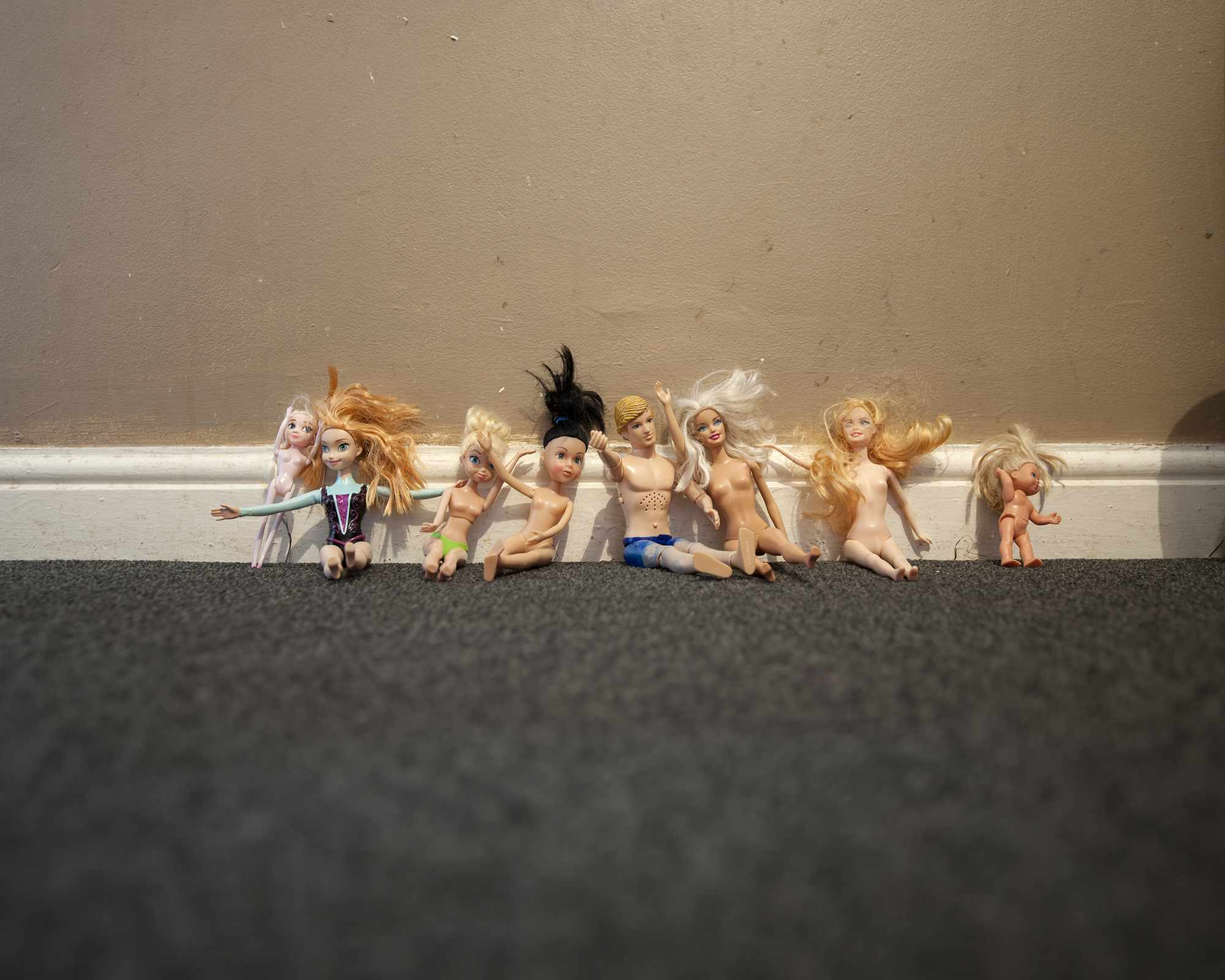
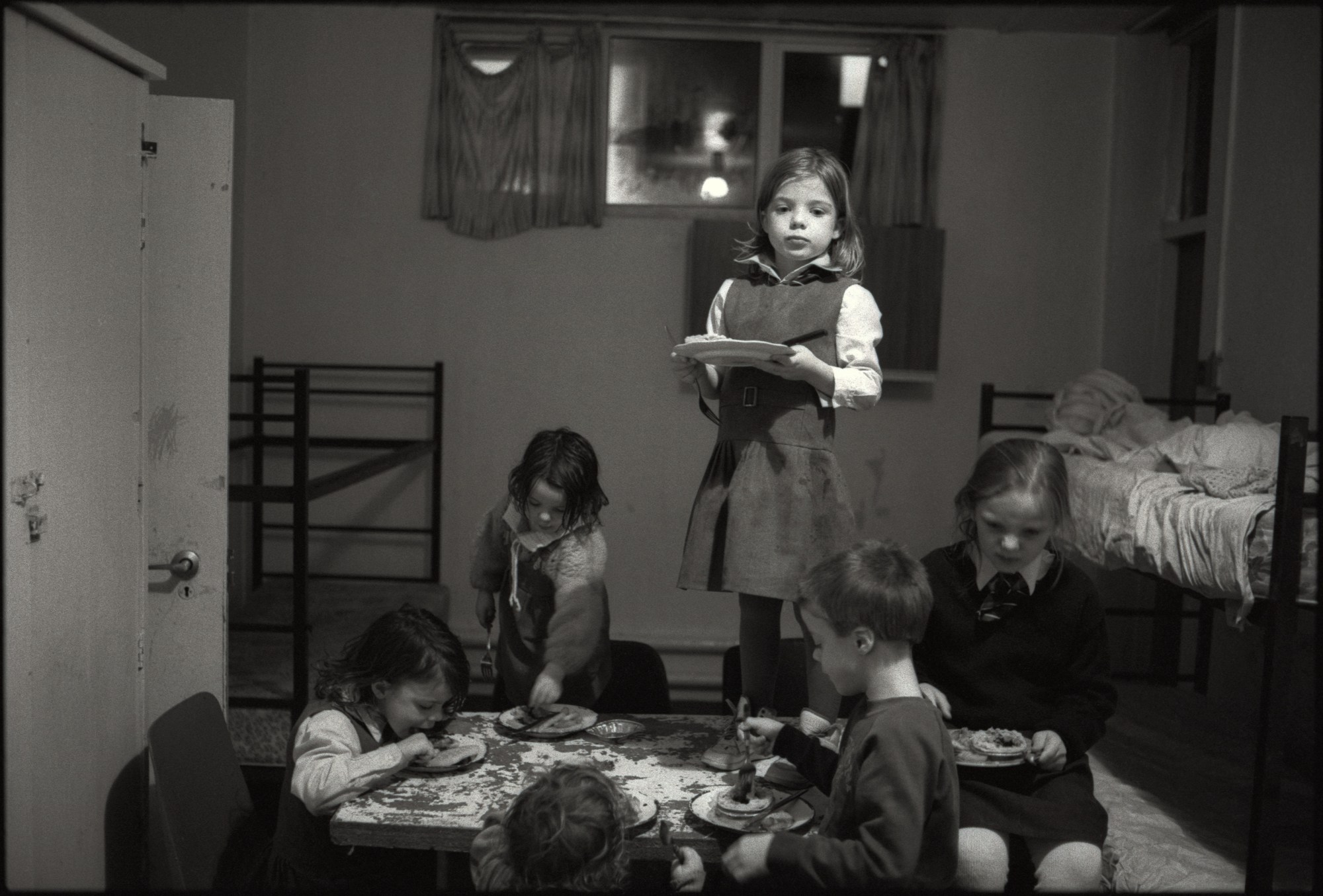
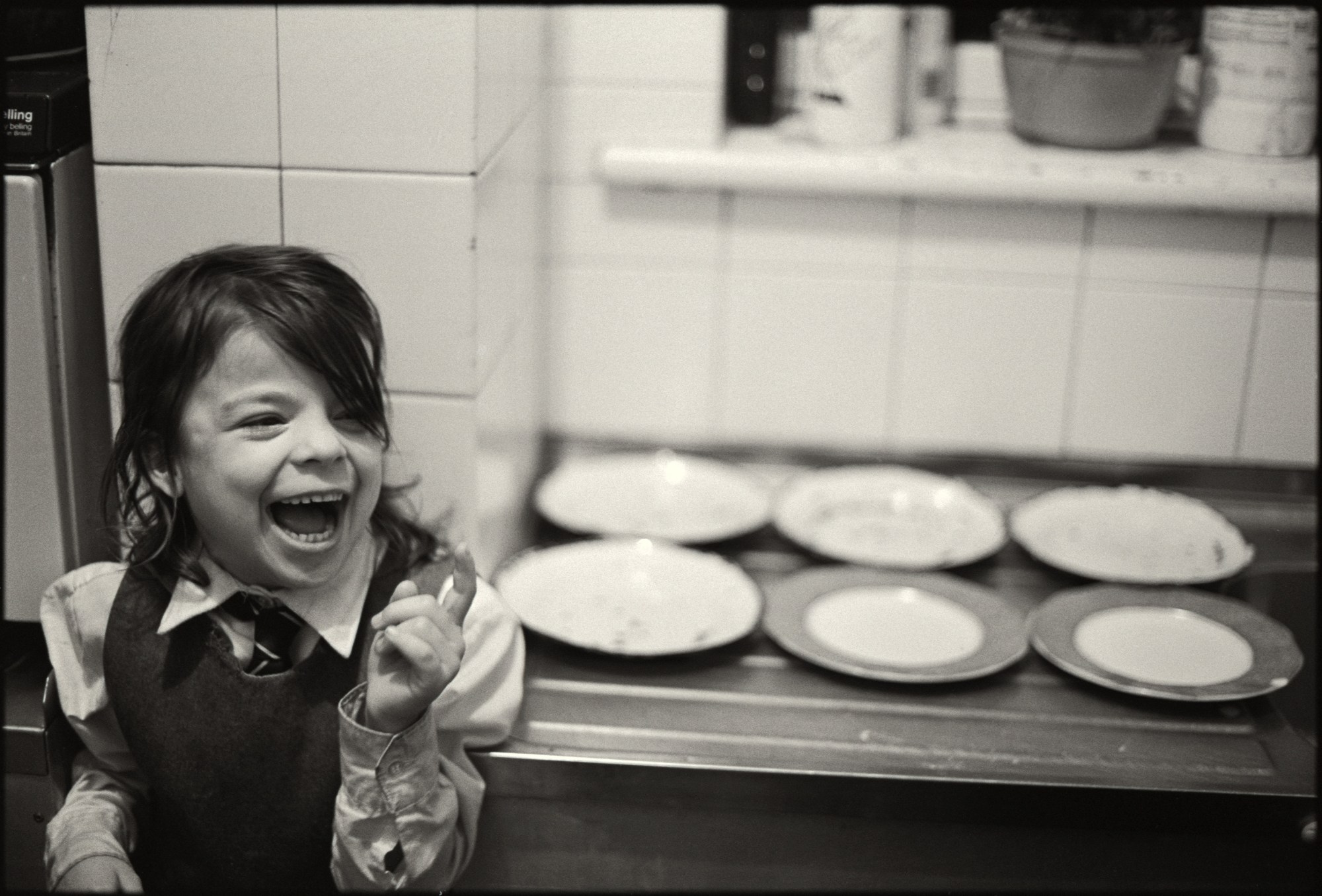
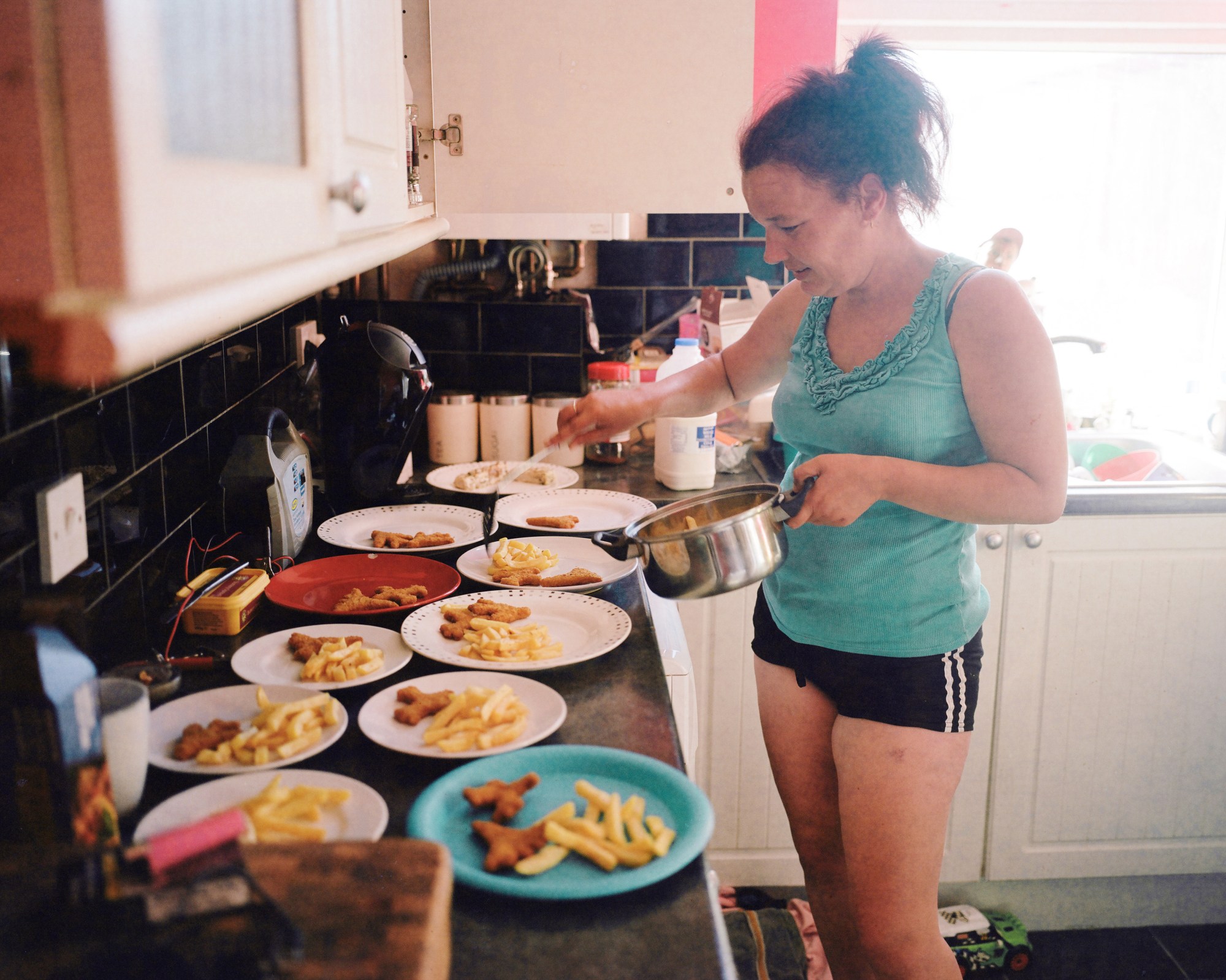
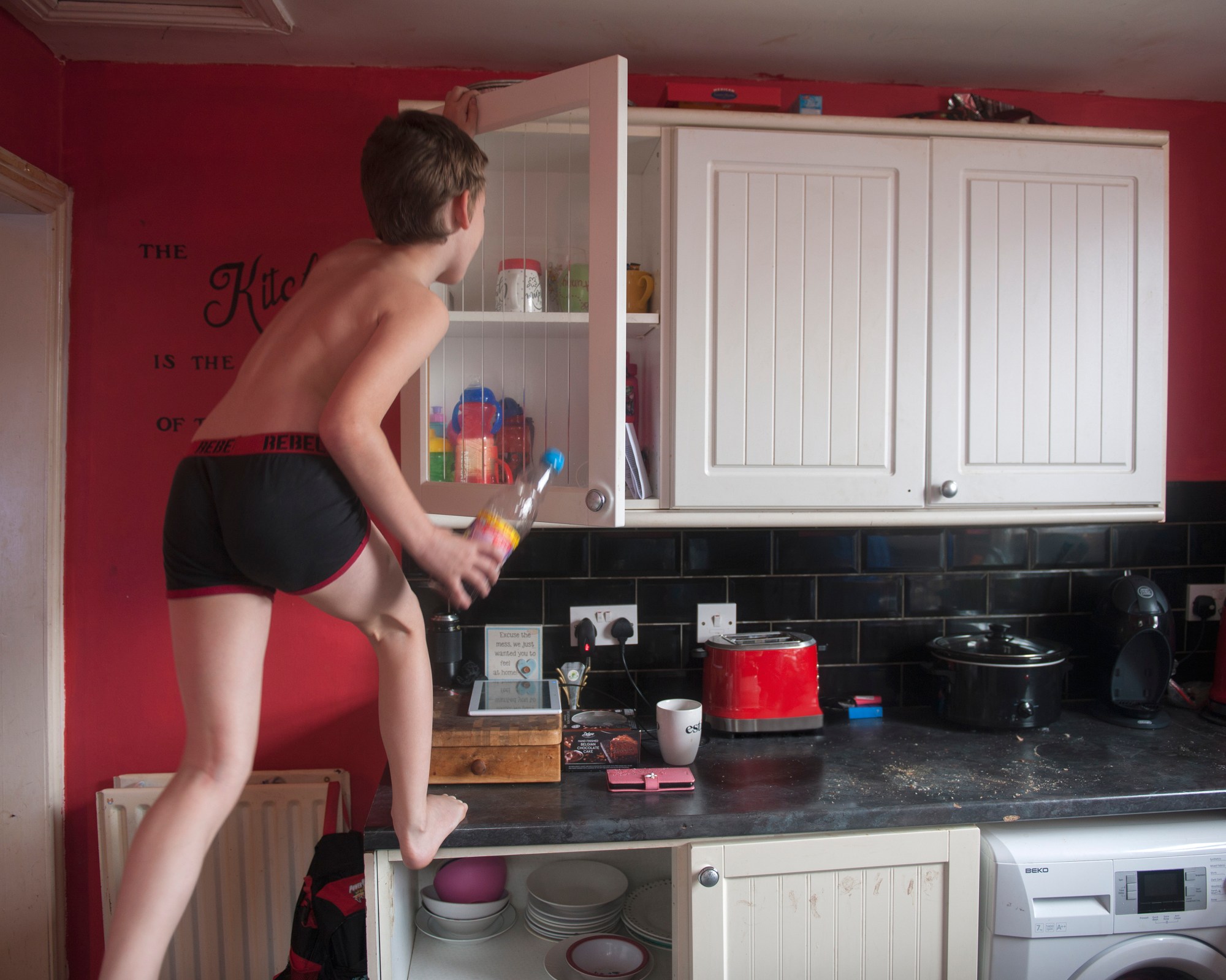
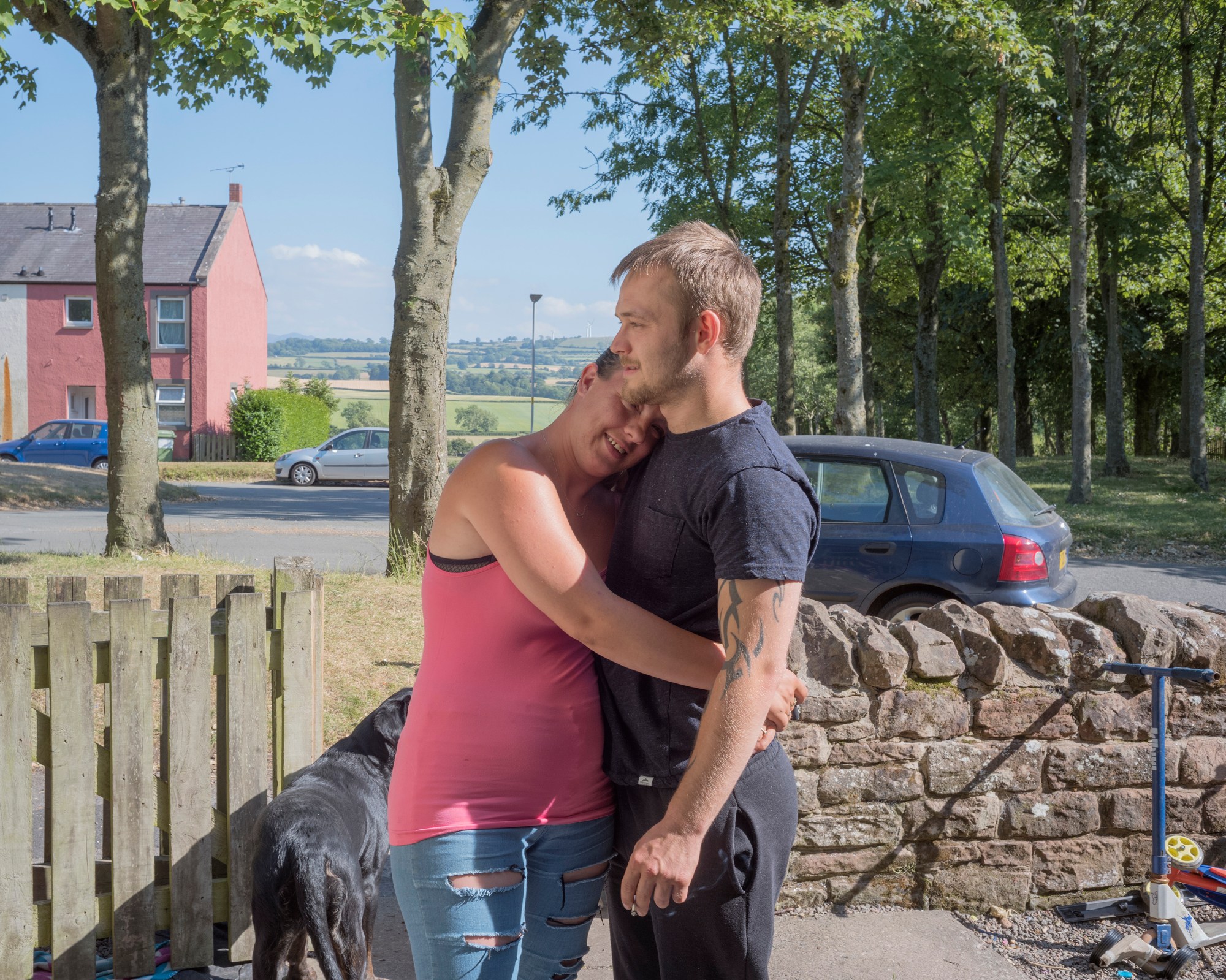
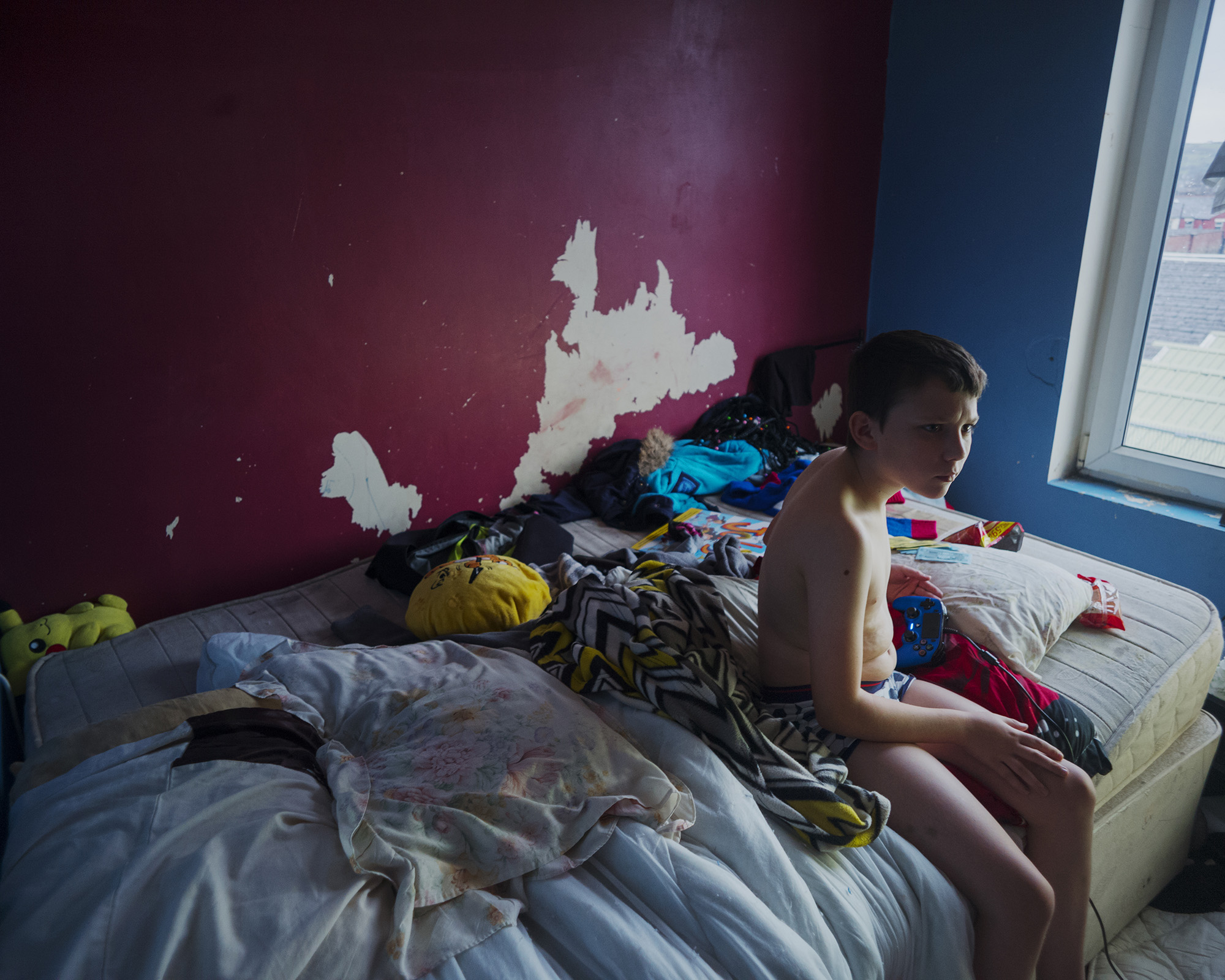
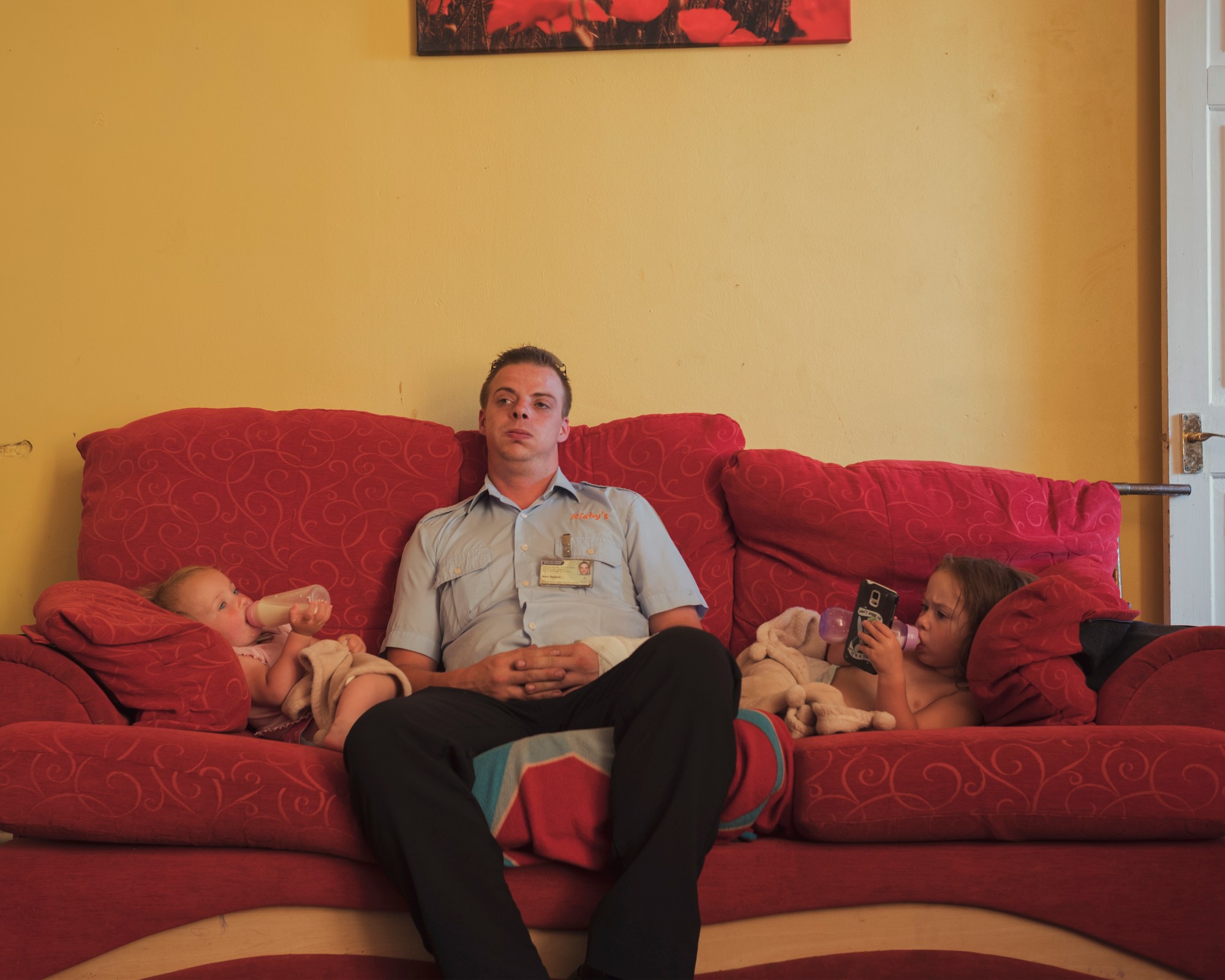
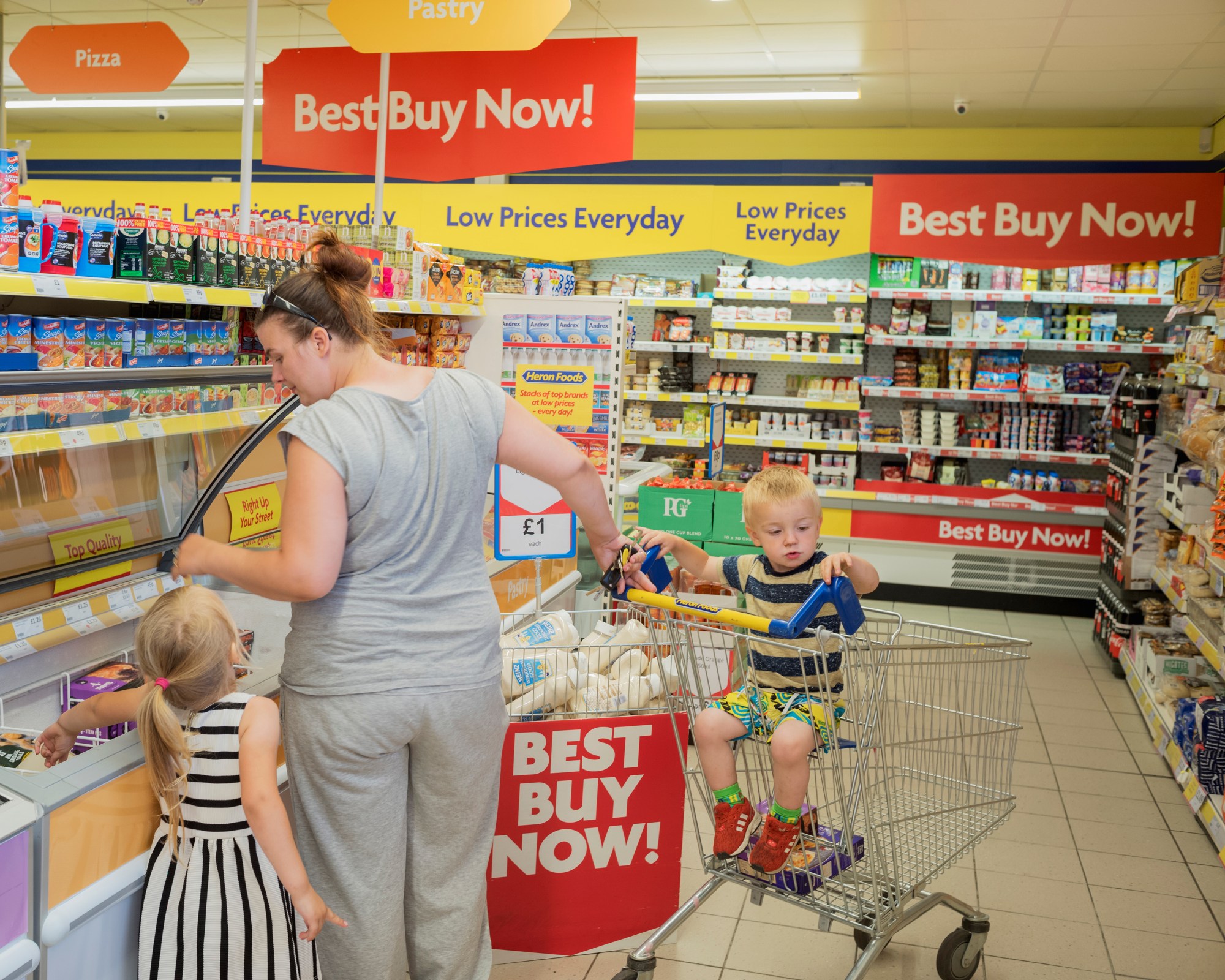
Credits
Imagery courtesy of Craig Easton and GOST Books


